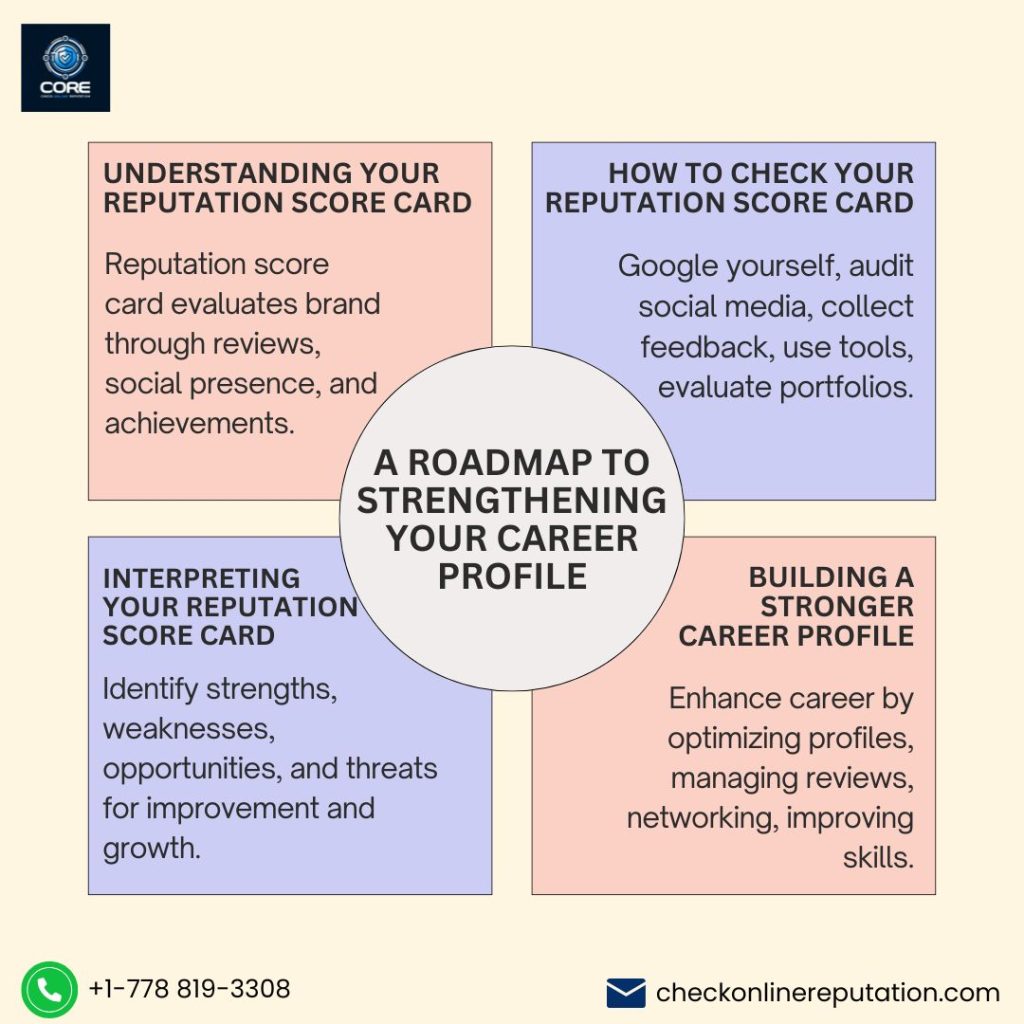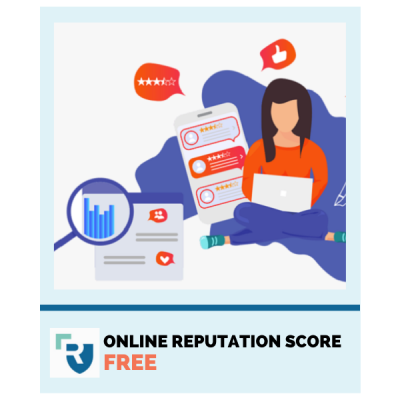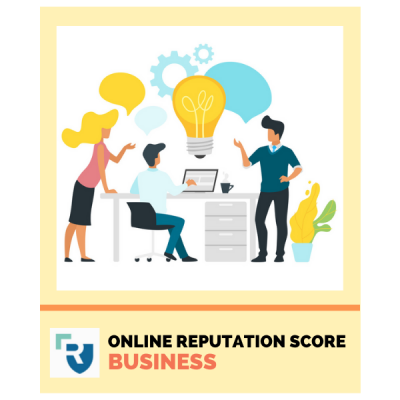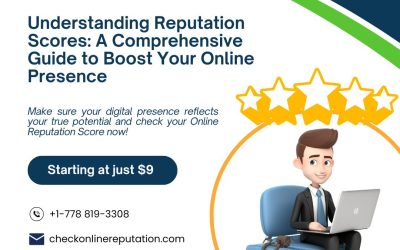Your Reputation Score Card: A Roadmap to Strengthening Your Career Profile
In today’s digital-driven world, your reputation is more accessible than ever. Whether you’re a professional seeking career growth, an individual building a personal brand, or a business striving to earn customer trust, your reputation score card plays a critical role. This guide provides a roadmap to understanding, checking, and leveraging your reputation score to strengthen your career profile.
Understanding Your Reputation Score Card
A reputation score card is a comprehensive evaluation of your professional and personal brand. It aggregates factors such as online reviews, social media presence, networking efforts, and professional achievements to provide a score that reflects how others perceive you. This metric is essential for professionals as it influences hiring decisions, partnerships, and promotions.
Why Is Your Reputation Score Important?
- First Impressions Matter: Employers and clients often research potential candidates or collaborators online. A strong reputation score ensures you make a positive impact.
- Career Advancement: A stellar reputation increases opportunities for promotions and leadership roles.
- Networking Opportunities: A robust reputation opens doors to meaningful connections and collaborations.
How to Check Your Reputation Score Card
Checking your reputation score involves analyzing various aspects of your online and offline presence. Here’s a step-by-step approach:
- Google Yourself: Search your name on Google and analyze the results on the first two pages. Pay attention to reviews, articles, and mentions.
- Social Media Audit: Review your profiles on LinkedIn, Twitter, Facebook, and other platforms. Ensure they align with your professional persona.
- Feedback Analysis: Collect feedback from colleagues, clients, and peers to gauge their perception of your professionalism and work ethic.
- Reputation Management Tools: Use tools like BrandYourself, RepScore, or Mention to get a detailed free reputation score report.
- Evaluate Professional Portfolios: Assess the visibility and content quality of your portfolios on platforms like LinkedIn, GitHub, or Behance.
Interpreting Your Reputation Score Card
Once you have access to your score card, the next step is understanding what it signifies. Consider the following aspects:
- Strengths: Identify areas where your score is high. It could be positive reviews, thought leadership content, or a robust LinkedIn network.
- Weaknesses: Pinpoint areas needing improvement, such as negative reviews, lack of endorsements, or inconsistent branding.
- Opportunities: Discover untapped areas, like building a stronger presence on niche platforms or engaging more with industry leaders.
- Threats: Address issues such as outdated content, inactive profiles, or unresolved disputes.
Building a Stronger Career Profile
After interpreting your reputation score, it’s time to take actionable steps to enhance it. Here’s how:
- Optimize Your Online Presence
- Update Your Profiles: Ensure your profiles on LinkedIn, Twitter, and other platforms are complete, professional, and aligned with your career goals.
- Content Creation: Share industry insights, publish articles, and engage with professional communities to establish thought leadership.
- Visual Branding: Use consistent professional photos, banners, and themes across platforms.
- Manage Online Reviews
- Encourage Positive Reviews: Request testimonials from satisfied clients and colleagues to boost your credibility.
- Address Negative Feedback: Respond to criticisms constructively, showing your willingness to learn and improve.
- Enhance Networking Efforts
- Attend Industry Events: Participate in webinars, conferences, and meetups to connect with like-minded professionals.
- Engage on LinkedIn: Regularly post updates, comment on industry news, and interact with your network.
- Join Professional Groups: Be active in online communities that align with your career interests.
- Improve Your Skills
- Certifications and Courses: Stay updated with the latest trends in your field by earning certifications or taking relevant courses.
- Skill Showcasing: Highlight new skills on your profiles and share success stories of how they’ve added value to your work.
- Monitor and Maintain Your Reputation
- Regular Audits: Periodically check your reputation to ensure consistent improvement.
- Stay Proactive: Address potential issues before they escalate by staying engaged and approachable online.
- Feedback Integration: Use constructive feedback to refine your professional approach.
Case Study: Leveraging a Reputation Score Card
Consider Jane, a marketing professional aiming for a leadership role. Her initial reputation score indicated strengths in content marketing but weaknesses in public speaking. After checking her score card, she:
- Updated her LinkedIn profile with recent achievements.
- Published thought leadership articles on emerging marketing trends.
- Enrolled in a public speaking course and shared her progress online.
- Encouraged her colleagues to endorse her skills on LinkedIn.
Within six months, Jane’s reputation score improved significantly, and she secured a leadership position with her dream company.
Your Reputation Score Card is more than a reflection of your current standing; it’s a roadmap for future success. By understanding your score, addressing weaknesses, and building on strengths, you can create a robust career profile that opens doors to endless opportunities. At CheckOnlineReputation.com, we’re here to help you navigate this journey with insights tailored to your needs. Start today, and let your reputation pave the way to a thriving professional future.







